- Front Case Fan Not Spinning: [3 Proven Fixes That Work - June 22, 2022
- Is 60 Degrees Celsius Hot For A CPU In 2022? [Must-Read] - June 7, 2022
- How To Handle CPU Temps Jumping: A Definitive Guide [2022] - June 2, 2022
Does CPU matter for rendering? Yes, it does. When rendering graphics on modern computers, both the CPU and GPU have a role to play.
The CPU is the computer’s brain, and the GPU handles graphics processing. But the CPU can also render images in combination with the GPU.
It also handles all the pre-rendering, which is essential for rendering.
Most of the load is on the GPU when actual rendering happens. But although the GPU does most of the work, the CPU still has a key role to play, like with the pre-rendering.
In some circumstances, it does all the rendering.
We’ll explore the relevant distinctions in more detail in this article. It’s broken down according to popular search phrases that computer users look for.
This way, you can find all the relevant information here and not have to search further.
Let’s get started!
Contents
Does Rendering Use CPU Or GPU?
Rendering can use either the CPU, GPU, or even both. It depends on the purpose of the rendering and the degree of processing required. In a lot of rendering, the CPU gets used by itself.
An example would be animation studios. They often view CPU rendering as the traditional approach. It has large memory capacities, is better at complex tasks, and is more stable.
But for gaming, GPU rendering is the industry standard. Mapping textures and rendering polygons at high speed requires a GPU.
Is CPU Or GPU Better For Rendering?
As we hinted at in the above section, rendering varies depending on its use. Video games need rapid rendering, while animation requires huge amounts of data processing.
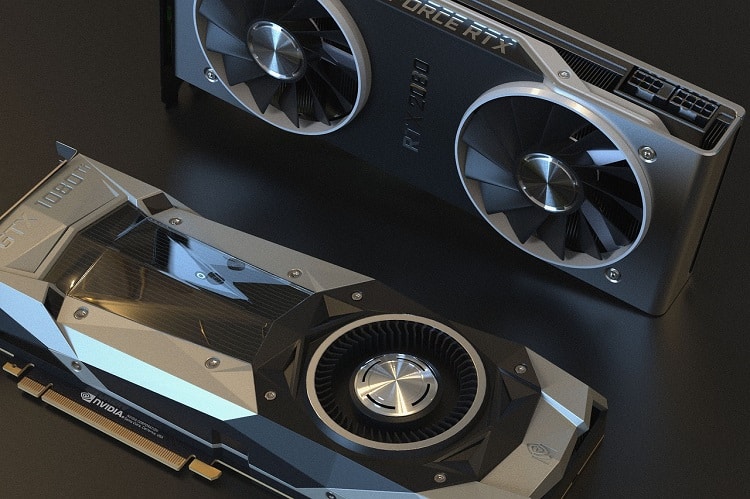
So GPU rendering is better for gaming and CPU rendering is better for large batches of data.
So neither the CPU nor the GPU is better for rendering. They’re simply different. Whether one is better gets determined by what you need rendering for.
Does CPU Affect Render Quality?
If you have a high-end CPU combined with large amounts of RAM, this will help with most of your computer’s tasks. This includes CPU rendering.
Rendering with a CPU gives increased precision compared to GPU rendering. So you may notice differences between GPU and CPU rendering when comparing them.
Does CPU Affect Rendering Speed?
Yes, we’ve found it does. Just like CPU is important for FPS rates. CPU rendering is slower than GPU rendering. It takes extra time because CPUs are slower than GPUs.
GPU rendering will sacrifice some quality. But it gets the job done much quicker than CPU rendering.
One way of addressing this is to build a CPU farm where many CPUs link together. This boosts the total processing power while maintaining the quality of the rendering.
As a related read, check out “Does CPU Matter For Streaming“.
How Does The CPU Affect Render Performance?
CPUs provide greater precision and quality when rendering. But their speed is lower compared to GPUs. If performance is a top priority, we recommend a CPU farm.
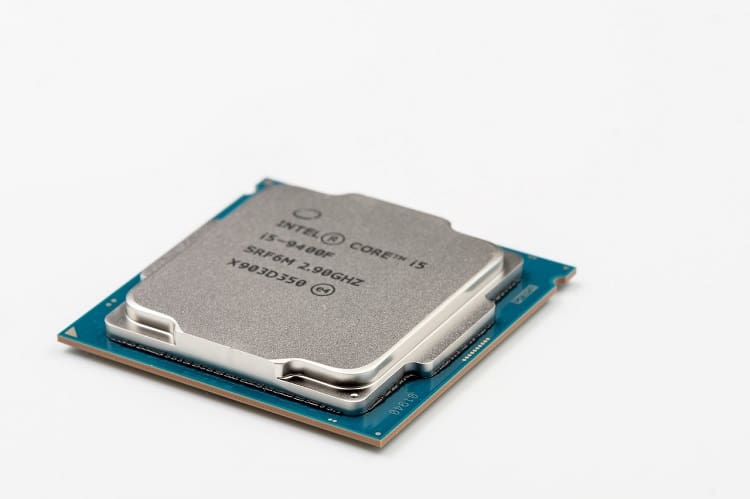
If your purpose for increased performance is gaming, GPU rendering will be a priority.
CPU rendering yields better results if you seek stability or extensive data processing.
As a suggested read, I recommend you check out the article does CPU NM matter.
Does CPU Matter For Rendering?
In most cases, we’ve observed it does matter. Even with graphics-intensive tasks like 3-D editing and gaming, the CPU is still in use.
It performs pre-rendering and handles all other computer processes in the background. This means it matters for rendering even when it’s not in high demand.
Does The CPU Really Matter?
Yes, it does. I learned early on in my career that the CPU is the heart of a computer. Without it, all the other components would be useless.
This means it matters no matter what tasks you perform on your computer.
This is true whether you’re rendering or not. It’s non-negotiable to have a great CPU working in your computer.
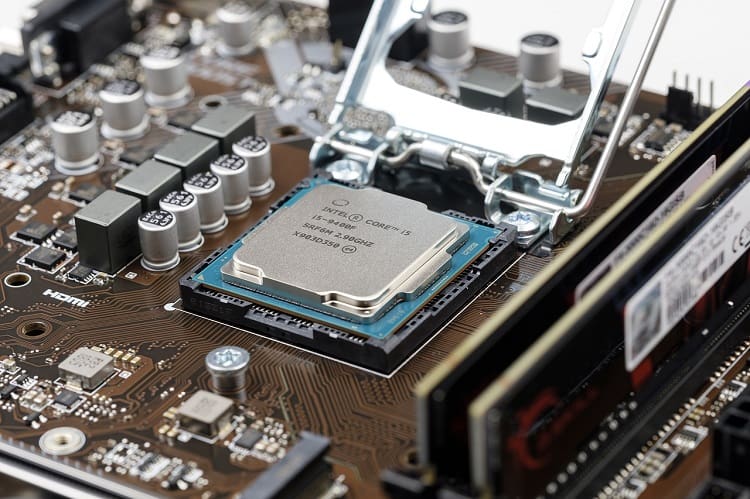
Does CPU Affect GPU Renders?
Yes, it will affect them. Many calculations need performing by the CPU before, during, and after rendering. The CPU also sends relevant instructions to computer components.
This means if it’s slow or dysfunctional, the speed or power of the GPU won’t make up for it.
If all components work correctly, GPU rendering shouldn’t get compromised by the CPU. Good GPUs have dedicated RAM known as VRAM, ensuring their efficiency while in use.
You can watch a comparison of CPU and GPU rendering for video editing in the following video to learn more.
How Does A GPU Render Graphics?
The raw data received by the GPU will be in binary. It needs to create a wireframe from straight lines to cohere all that data into an image.
This gets done with quick calculations regarding all the pixels on the screen and how each one will get used.
This is a process called rasterizing, and it’s highly demanding. Lighting, color, and texture are all added in later too.
The GPU will go through this process 60-120 times every second.
CPU Or GPU Rendering: Which Is The Better One?
CPU rendering is best for methodical and precise applications. These need the predictable and dependable rendering process provided by the CPU.
This takes extra time but is worth the wait.
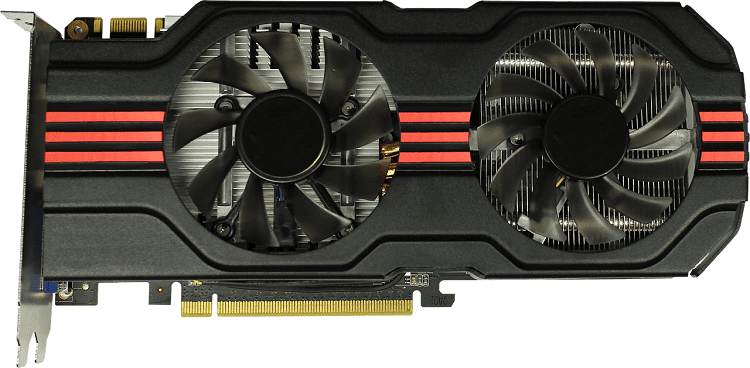
GPU rendering is ideal for speedy and graphically-intensive applications like modern video games. These feature fast-paced movements and constantly changing screens.
In our view, we think the final choice depends on your needs. But either way, the answer to ‘does CPU matter for rendering?’ is a definite yes.
FAQs
What Hardware Do You Need For CPU Rendering?
For everyday CPU rendering purposes, most modern desktops will be enough. But for particular purposes like professional animation, there are two main requirements. These are having a top-tier CPU and plenty of RAM. This usually means a cutting-edge CPU from Intel or AMD and more than 16GB of RAM.
To achieve this, you’ll need to spend a good chunk of money. I recommend looking at a range of computers to see how best to meet your needs within your budget.
Does Graphics Card Help Rendering?
Yes, it does if you’re playing video games or doing other graphically-intensive tasks. Its dedicated processing power and VRAM are essential for decent GPU rendering. Without it, the rendering would get left to the CPU, which wouldn’t be enough for these tasks.
Is It Time To Invest In GPU Rendering?
We believe it makes more sense today than ever before to invest in GPU rendering. It’s been growing in popularity for several years. It often works out as more cost-effective than the CPU farm option we referred to earlier. Plus, GPUs are more flexible when it comes to upgradability. This adds convenience compared to CPUs.
Is Video Rendering CPU Or GPU?
Video rendering gets performed by the CPU or the GPU depending on the reason for it. We’ve covered many purposes CPU and GPU rendering applies to. The simplest answer to this question is that video rendering can get done by both components.

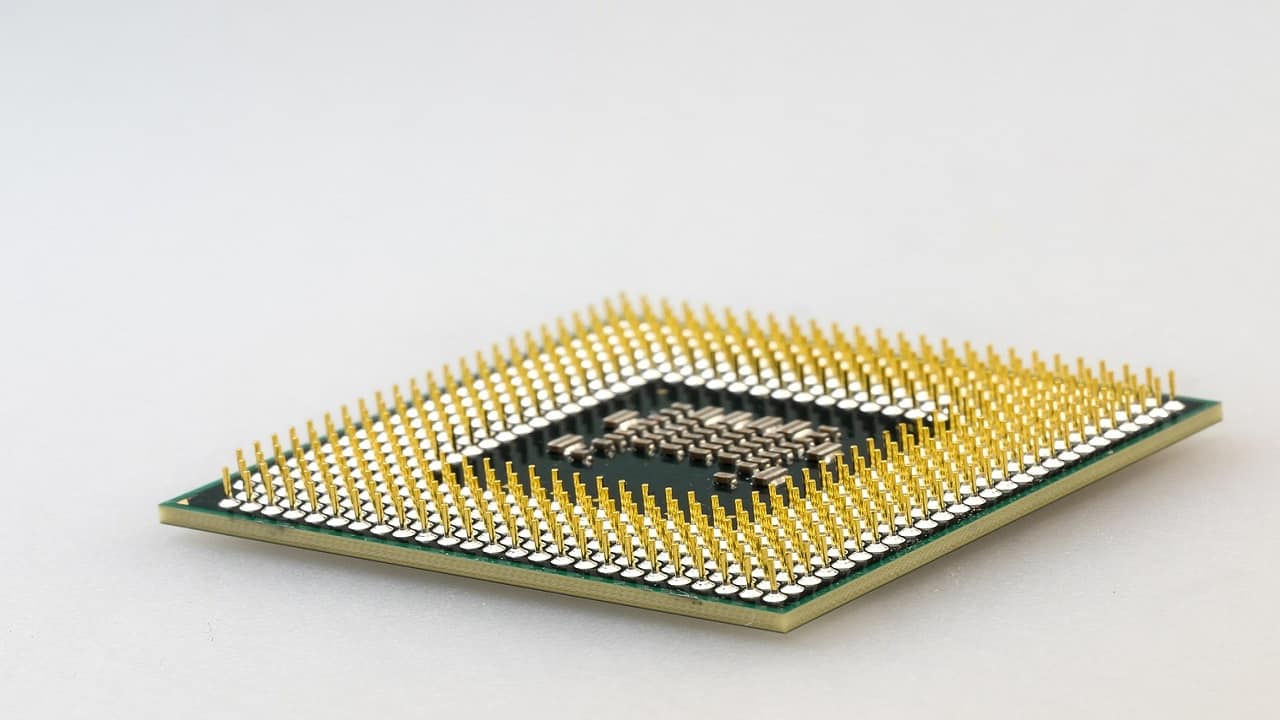
![Does CPU Matter For Streaming In 2022? [A Definitive Guide] Does CPU Matter For Streaming In 2022? [A Definitive Guide]](https://maximum-tech.net/wp-content/uploads/2022/05/Does-CPU-Matter-For-Streaming-150x150.jpg)
![Is Fortnite CPU Or GPU Heavy In 2022? [A Definitive Guide] Is Fortnite CPU Or GPU Heavy In 2022? [A Definitive Guide]](https://maximum-tech.net/wp-content/uploads/2022/05/Is-Fortnite-CPU-Or-GPU-Heavy-150x150.jpg)
![Best CPU for Minecraft In 2022 [7 Worthy Picks Reviewed] Best CPU for Minecraft In 2022 [7 Worthy Picks Reviewed]](https://maximum-tech.net/wp-content/uploads/2022/04/best-cpu-for-minecraft-150x150.jpg)
![Does CPU Affect FPS And How? A Complete Guide [2022] Does CPU Affect FPS And How? A Complete Guide [2022]](https://maximum-tech.net/wp-content/uploads/2022/03/Does-CPU-Affect-FPS-And-How-150x150.jpg)
![Is Minecraft CPU Or GPU Intensive - A Surprising Answer [2022] Is Minecraft CPU Or GPU Intensive - A Surprising Answer [2022]](https://maximum-tech.net/wp-content/uploads/2022/04/Will-Minecraft-Run-Without-A-GPU-150x150.jpg)
![Does CPU Affect Download Speed for PCs? [2022 Full Guide] Does CPU Affect Download Speed for PCs? [2022 Full Guide]](https://maximum-tech.net/wp-content/uploads/2022/05/Does-CPU-Affect-Download-Speed-for-PCs-150x150.jpg)